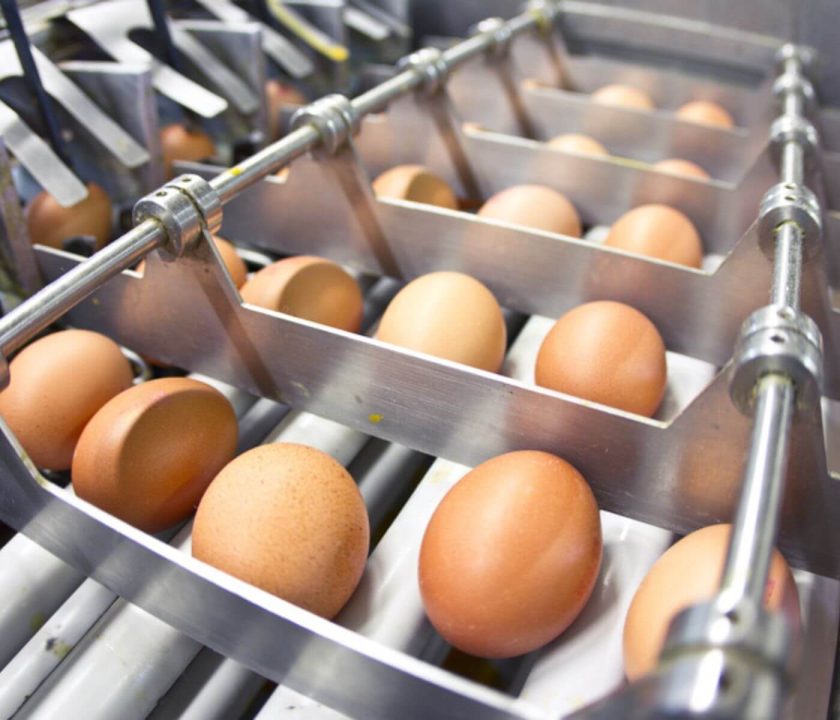Content available at: العربية (Arabic)
Import duties protect the EU egg industry from heavy imports from third countries. If negotiations with non-EU countries lead to the reduction or elimination of import duties, there is a risk of competition from non-EU countries, especially egg powder. With a 50% reduction in import duties, Ukraine and the US can supply whole powdered eggs at a lower price than the EU egg industry.
With a 50% reduction in import duties and a 10% reduction in non-EU currency exchange rates, the asking price for powdered eggs would be lower than the EU average in Ukraine, the US, as well as in Argentina, and India.
- The “worst-case scenario”; includes no import duties and a 10 percent reduction in exchange rates for non-EU currencies. In this case, all non-EU countries will be very cheap suppliers of whole egg powder on the EU market. Offer prices could be 16% (Argentina), 20% (India), or even 24% (Ukraine and US) below the EU average.
These findings are reflected in a study by Wageningen University & Research for the European Egg Packers and Traders Association (EEPTA) and the European Egg Processors Association (EEPA). The report shows the impact of reducing or removing import levies on the competitiveness of the EU egg sector for both shell eggs and whole egg powder.
Production costs of shell eggs and egg powder compared
The production costs of shell eggs produced in enriched cages in the EU in 2021 was, on average, 0,99 euros per kg of eggs. Between the main egg-producing countries:
- The production costs of shell eggs in 2021 ranged from 1,01 euros in Germany to 0,96 euro per kg of eggs in Poland.
- Compared to the average level within the EU, the production costs for
TO CONTINUE READING REGISTER IT IS COMPLETELY FREE Access to articles in PDF
Keep up to date with our newsletters
Receive the magazine for free in digital version REGISTRATION ACCESS
YOUR ACCOUNT LOGIN Lost your password?

